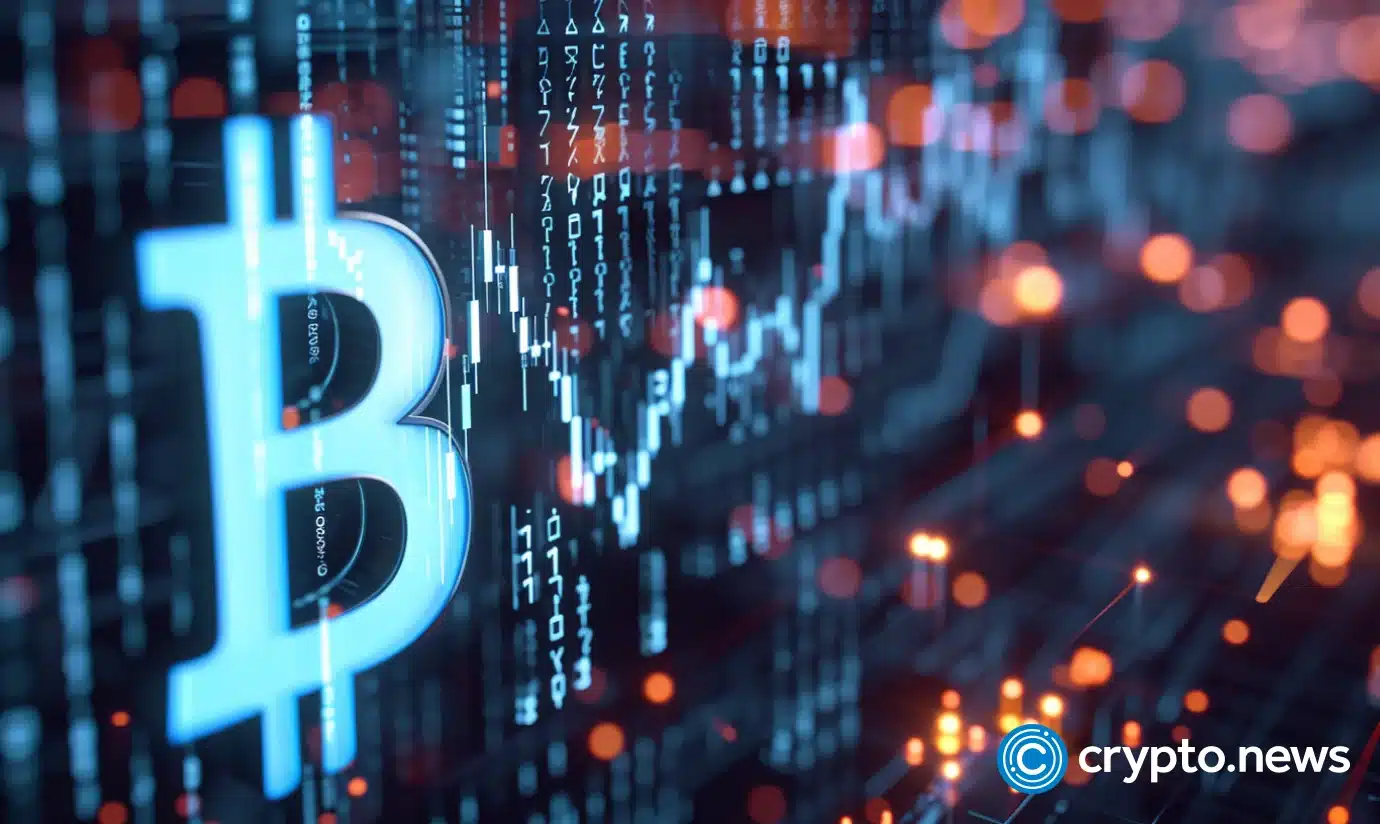The Korean Virtual Asset User Protection Act will take effect on July 19. This new law mandates that companies issuing NFTs, which are considered virtual assets, must report their business activities to the authorities.
Also Read: What is NFT Crypto: The Complete 2024 Guide
This is particularly relevant for NFTs with features like large-scale issuance, divisibility, and use as a means of payment. Initially, NFTs were not categorized as virtual assets under the Enforcement Decree of the Virtual Asset User Protection Act. However, NFTs with these characteristics will now be subject to this classification.
FSC issues guidelines on NFT criteria
On July 10, the Financial Services Commission (FSC) announced guidelines detailing these criteria. General NFTs traded for content collection purposes will be excluded from the virtual asset category. However, NFTs with ambiguous boundaries will be evaluated based on their substance, first as securities and then as virtual assets.
Determining whether an NFT is a security follows the Token Securities Guidelines issued by the financial authorities in February last year. According to the FSC, if an investor’s acquired rights qualify as securities under the Capital Markets Act, then securities regulations apply regardless of the NFT’s form or technology.
To decide if an NFT is a virtual asset, the FSC considers several factors:
- Large-scale issuance or high fungibility.
- Divisibility, where an NFT can be split into smaller units.
- Use as a direct or indirect means of payment for goods or services.
- Exchange of virtual assets between unspecified persons or payment for goods or services with other virtual assets.
Large-scale issuance refers to situations where many identical or similar NFTs are produced, making it hard to recognize their uniqueness, a key NFT characteristic. These NFTs, primarily intended for market profit, are classified as virtual assets. The FSC did not provide a specific number for what constitutes large quantities to avoid regulatory abuse.
Divisible NFTs, which can be broken into decimal units, also lose their uniqueness and thus fall under virtual asset regulations. If an NFT is created solely to exchange it with another virtual asset, it is considered a virtual asset. However, this does not apply to buying NFTs with virtual assets in marketplaces.
Issuers must report which NFTs are virtual assets
The new guidelines specify that businesses dealing with NFTs must determine whether their NFTs are virtual assets and report their activities as virtual asset businesses. This involves complying with Article 2, Paragraph 1 of the Specific Financial Information Act, which covers sales, exchange, transfer, storage/management, and brokerage/mediation of sales/exchange.
Also Read: Treehouse bolsters NFT data offerings with origins acquisition
Virtual asset business operators who fail to report face criminal penalties. The FSC advises businesses uncertain about the virtual asset status of their NFTs to contact the authorities for clarification. Jeon Yo-seop, head of the Financial Innovation Planning Division at the FSC, clarified, “If individual business owners find it difficult to make a decision on their own, they can contact the Financial Services Commission. We will also share examples of judgments for individual cases later.”
Cryptopolitan reporting by Jai Hamid





